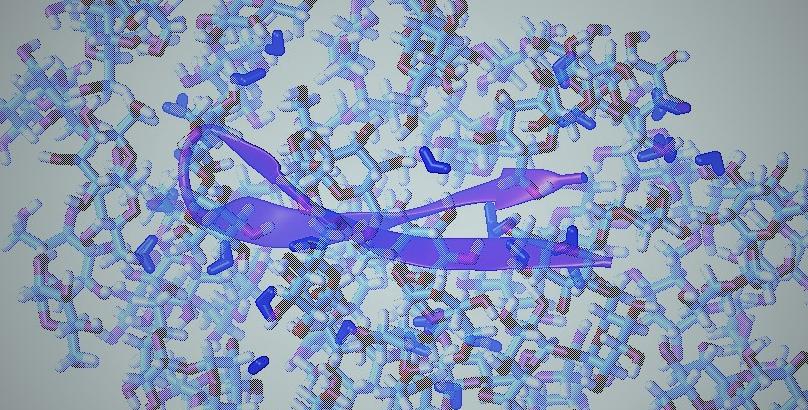Citation:
Abstract:
The aggregation of drugs and nutraceuticals in aqueous media is an outstanding problem for their efficacy and bioavailability. A common solution is to add excipients or hydrotropes that increase solubility and limit aggregation. Here we study caffeine, a widely consumed drug that undergoes oligomerization and aggregation in aqueous solutions. Combining partition and solubility experiments with molecular dynamics simulations, we determined the effect of sugars (mono- and disaccharides) on caffeine self-association and solubility. We find that sugars selectively increase the concentration of caffeine in its monomeric state, but decrease its solubility in all oligomeric forms. Thus we determine that, in contrast to common hydrotropes, sugars act as selective hydrotropes toward caffeine, since they differentially act on specific solvated forms of the drug. We furthermore unravel the molecular mechanism for this selectivity, and comment on the general design principles that should help develop targeted excipients for bioavailability and taste modification in drugs and foods.
Notes:
Mentions in scientific media: here, here, and here


